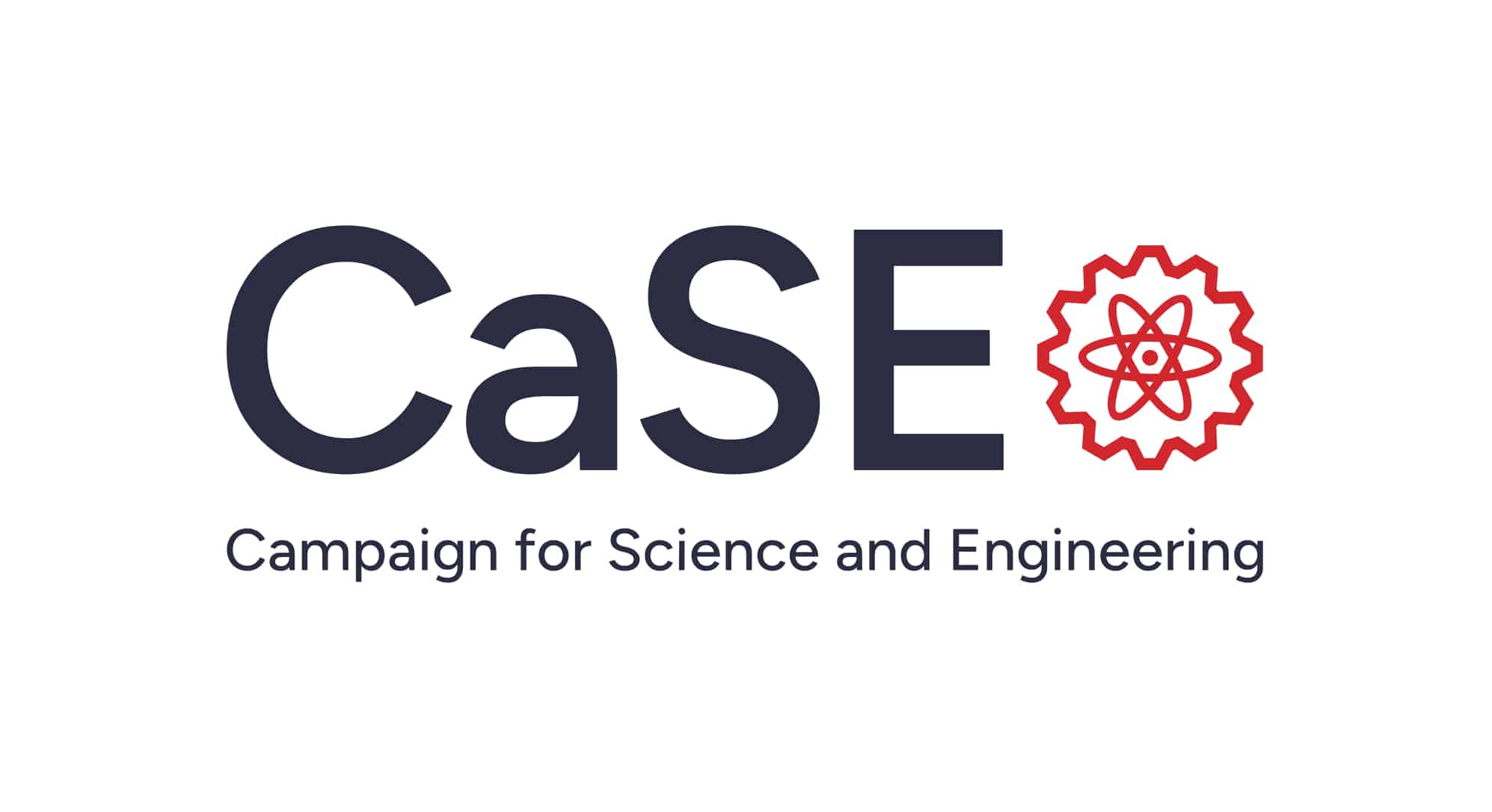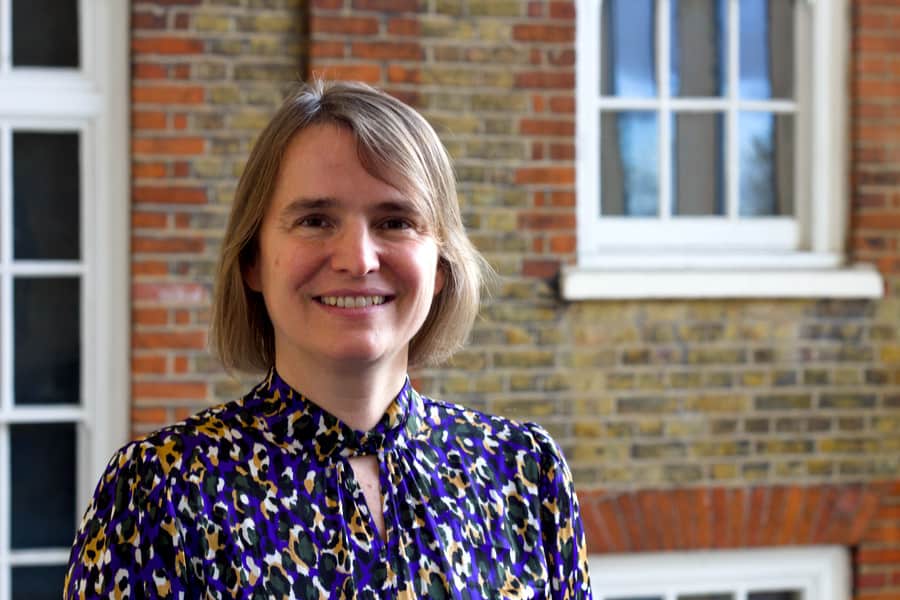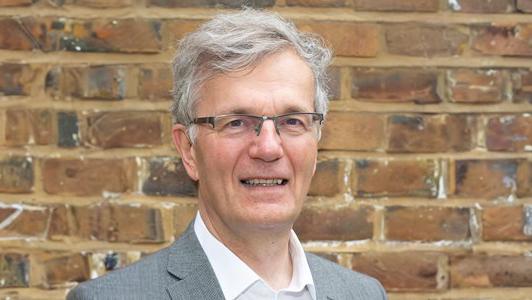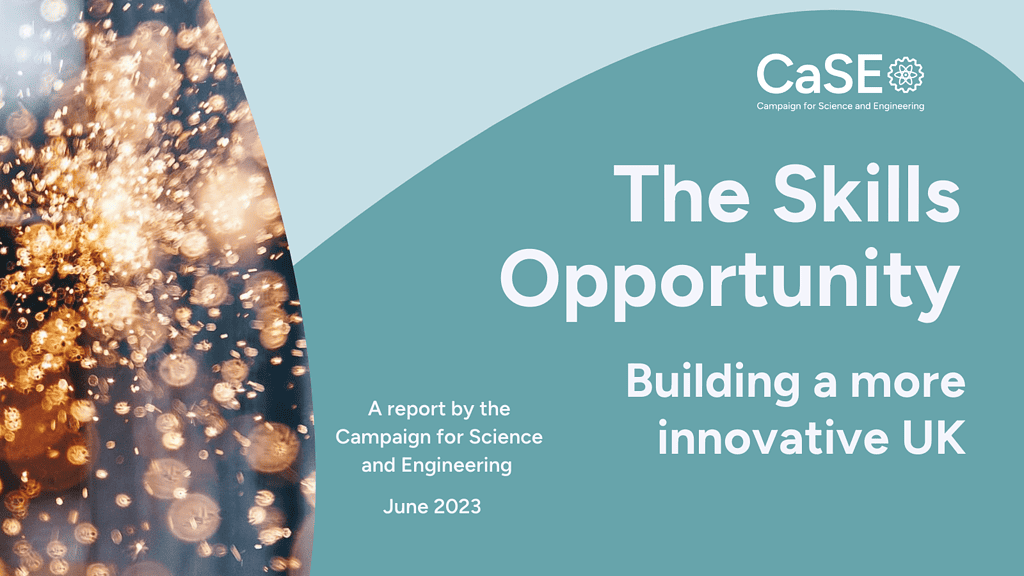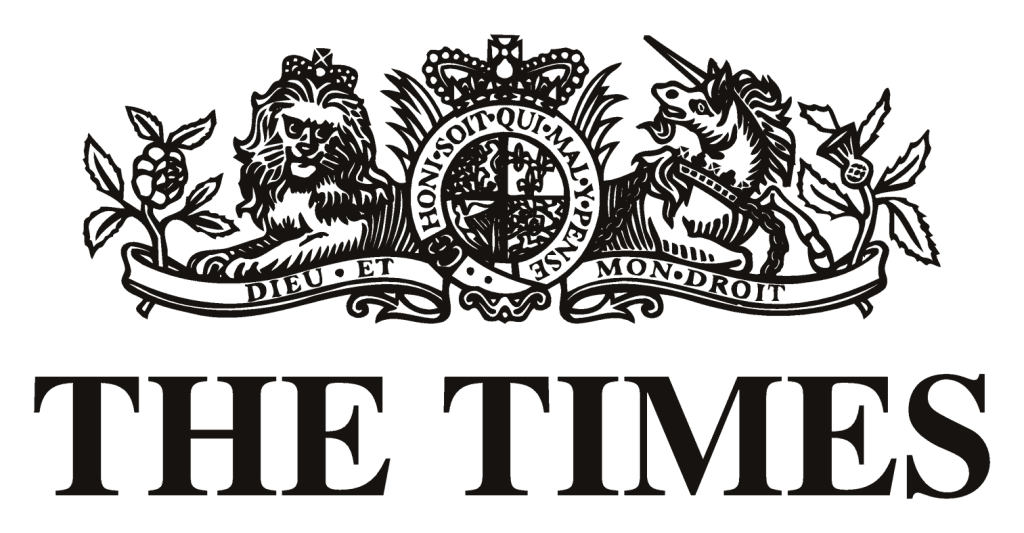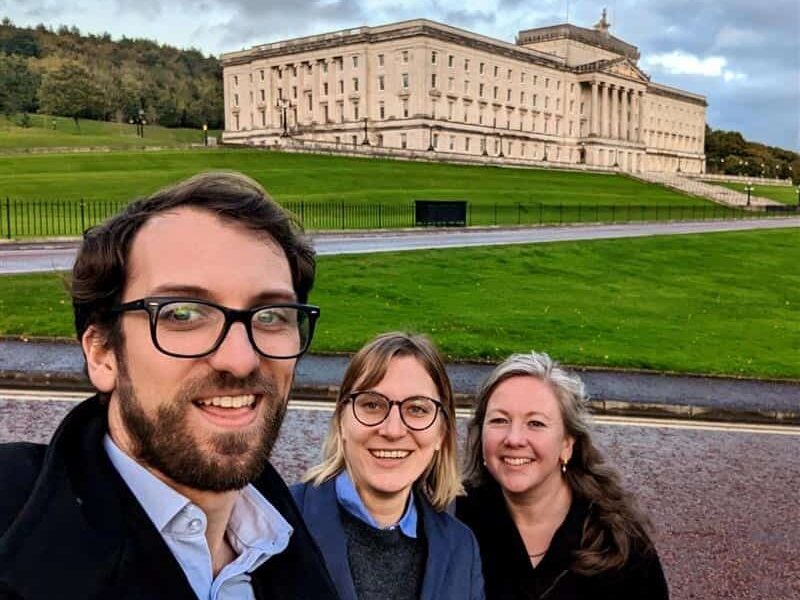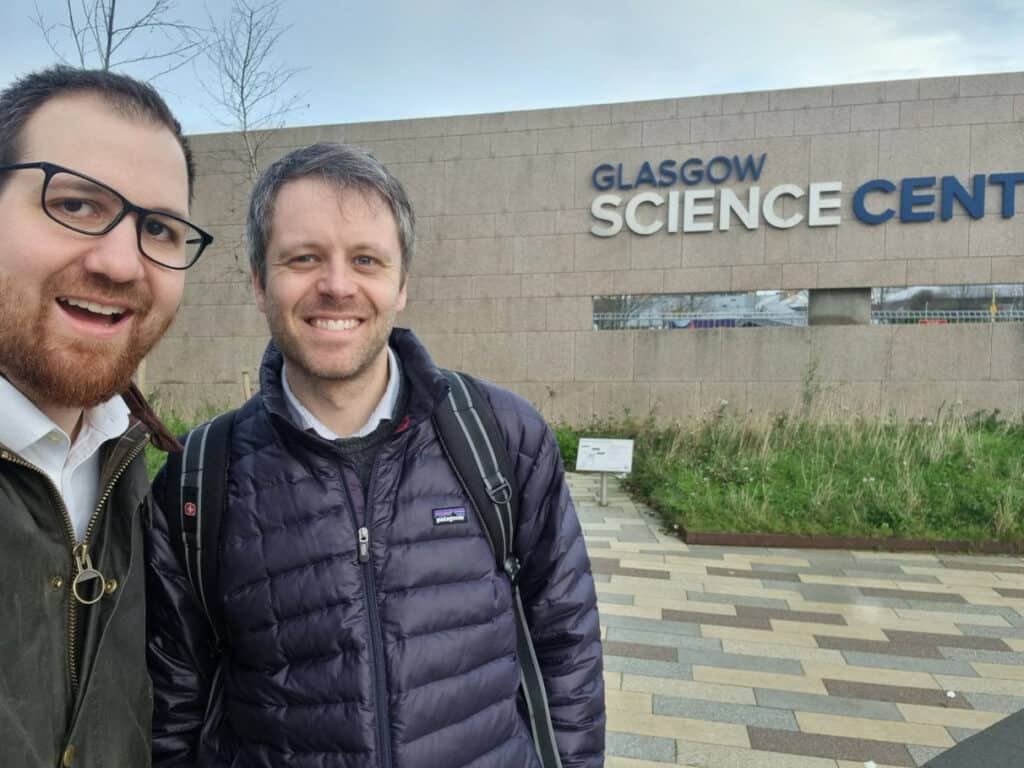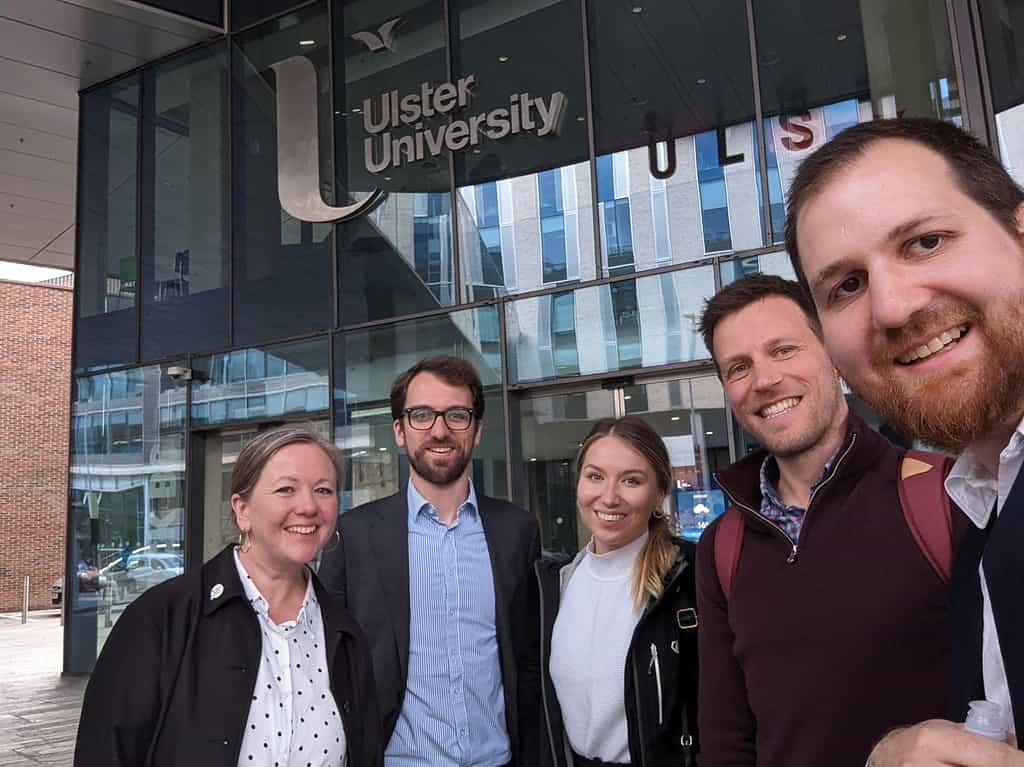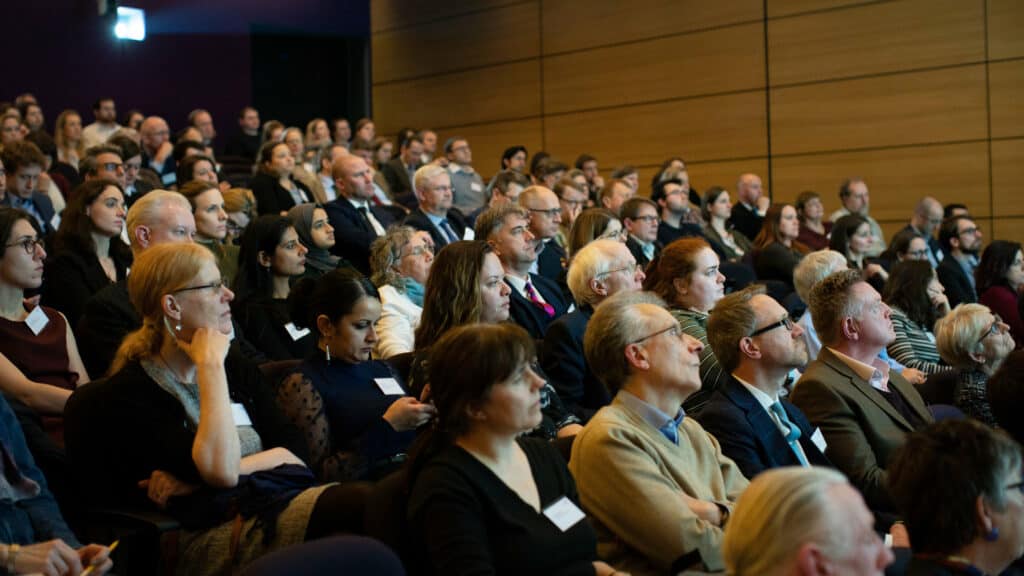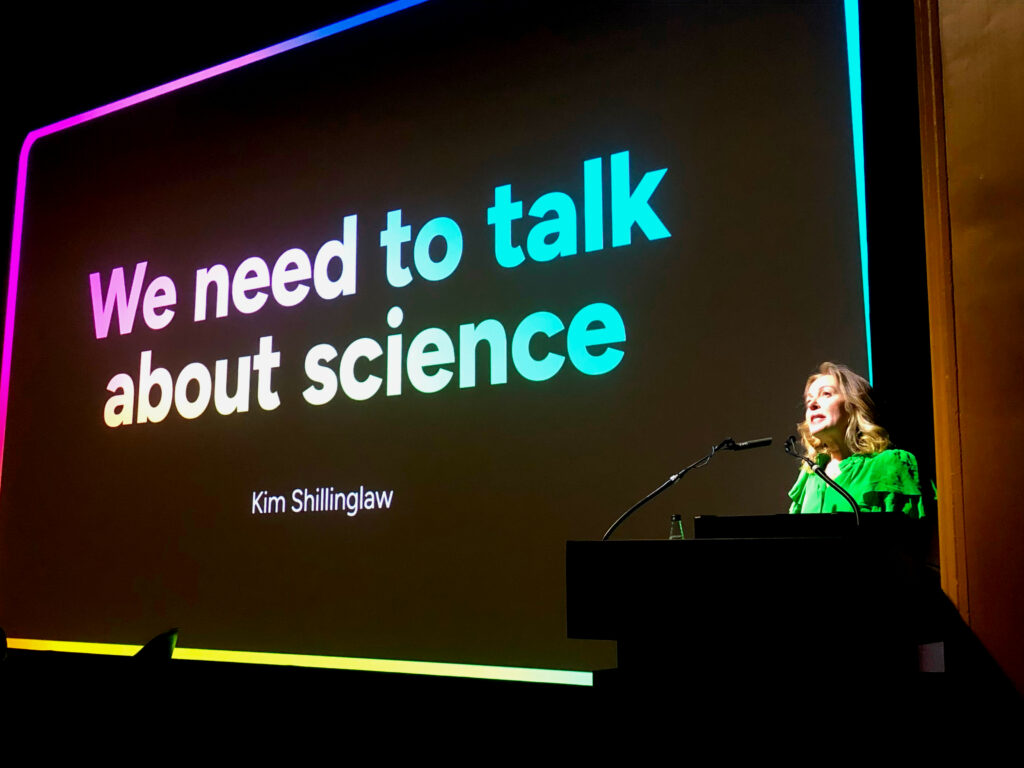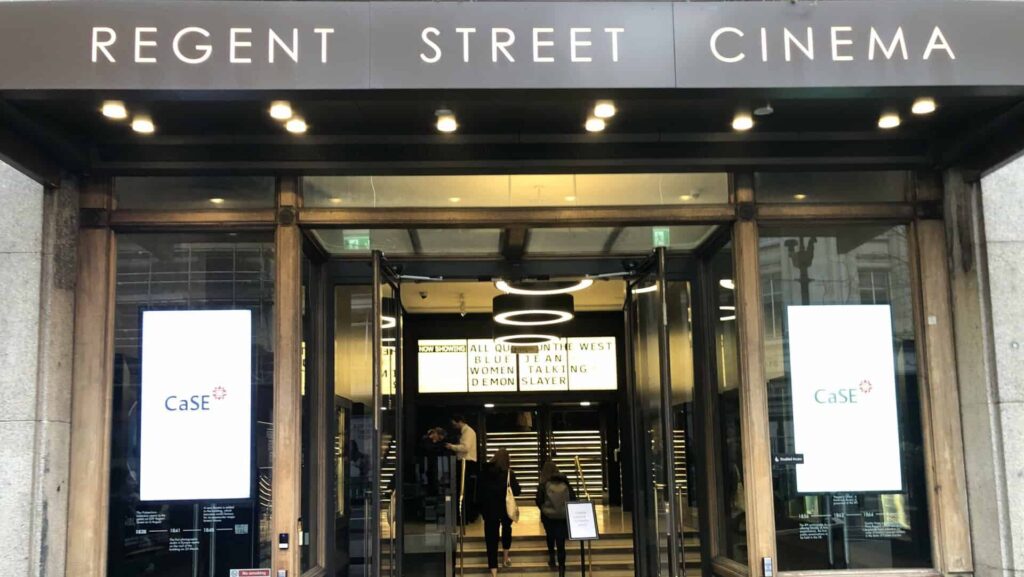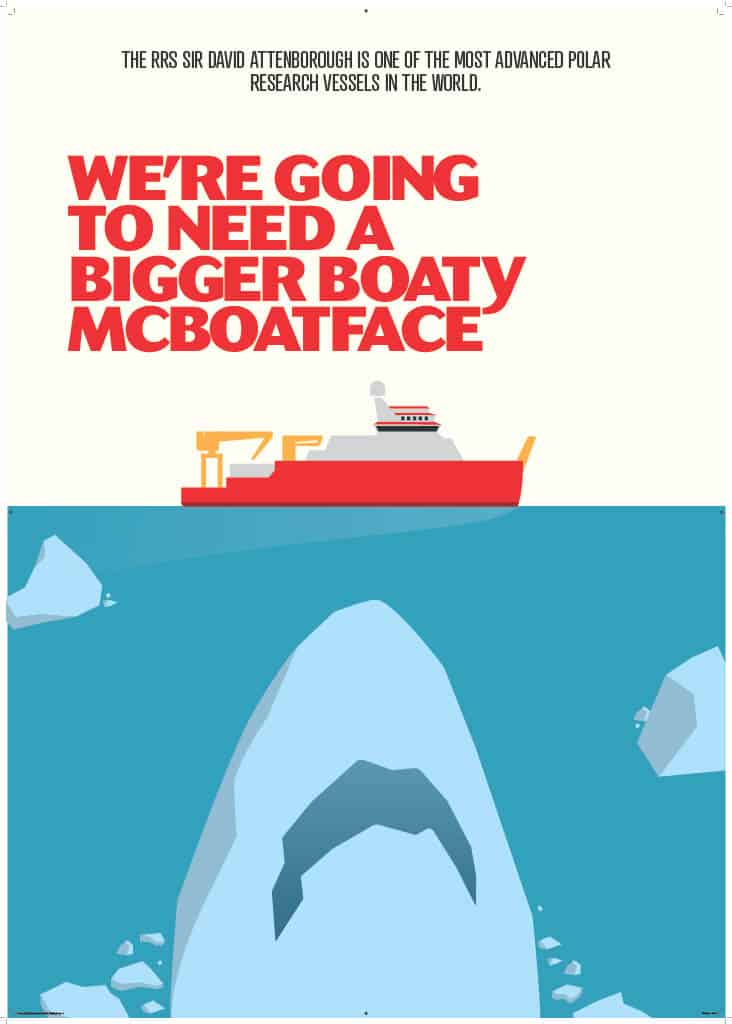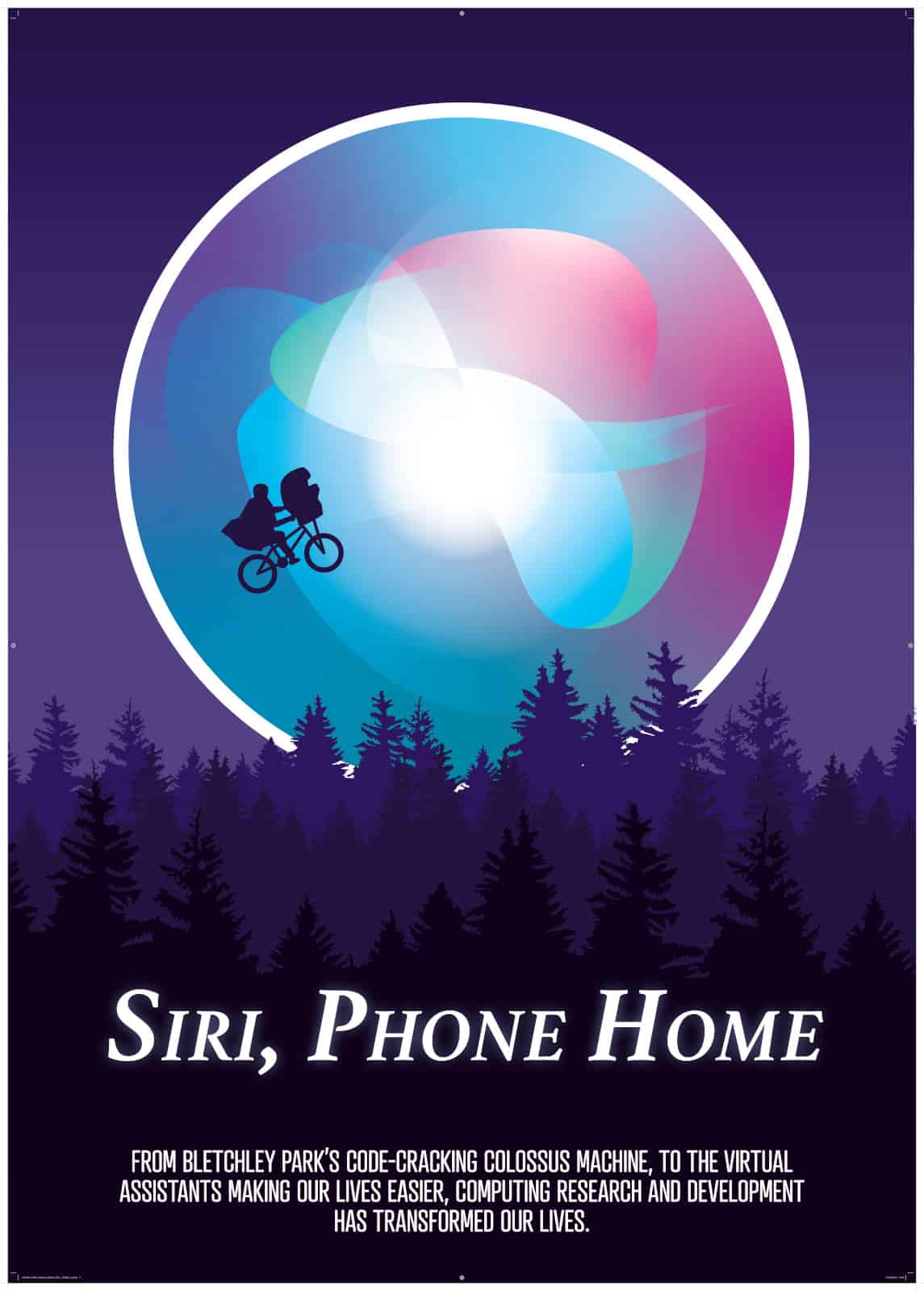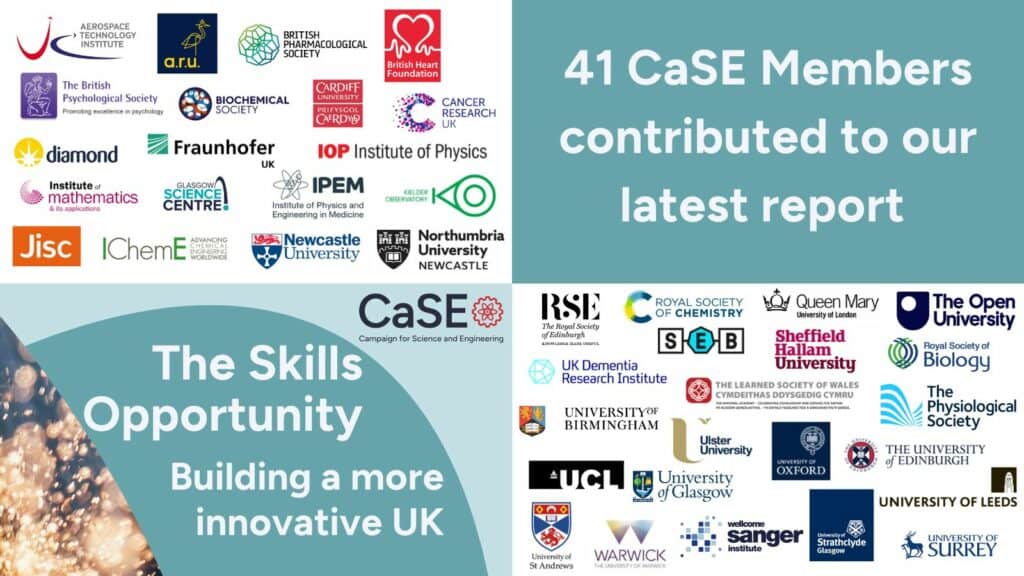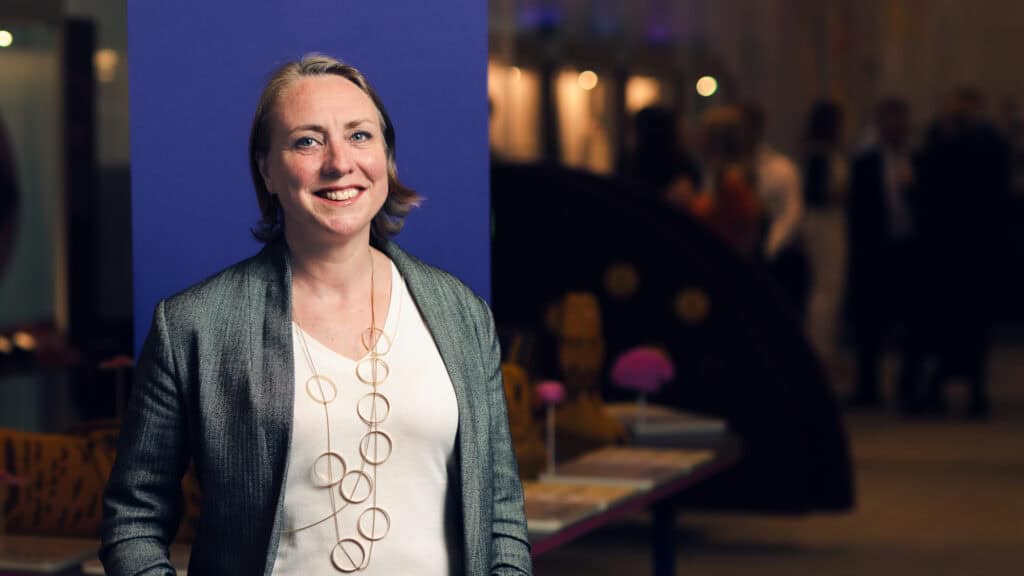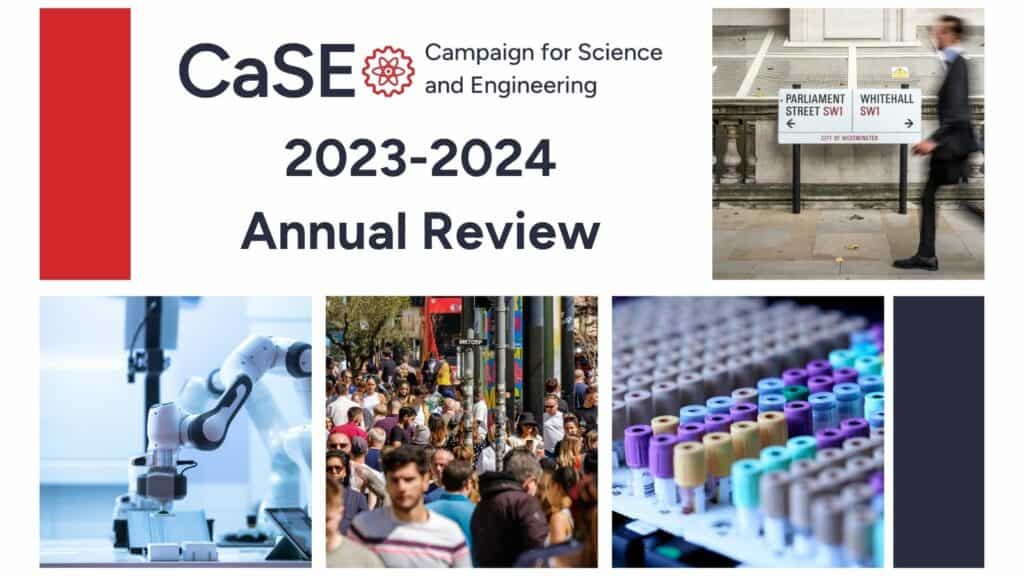Making R&D matter to more people
CaSE’s Discovery Decade project is helping R&D organisations and advocates to connect with a broader base of public supporters. We are creating a space for those championing R&D to work together and articulate a clear and compelling vision of a future with R&D at its heart. To support this process, we’re delivering new public opinion data and inspiring campaign concepts. Here is how the project has progress this year:
Researching Public Attitudes to R&D
Over the course of 2022 and 2023, CaSE worked with the research agency Public First to carry out a major study of public attitudes to R&D. This comprised four nationally-representative surveys, polling a total of 18,000 people and anchored by a landmark survey of 8,000 people in July 2022, coupled to 14 focus groups with people from across the UK.
At the end of February 2023 we published the full dataset which can be explored on CaSE’s website and is designed as a reference resource for advocates across the R&D sector. We have made all of the data open access and invite others to help us analyse the findings and debate the implications.
Our research found that R&D is seen as important – 70% of people said it was important for the Government to invest in R&D – but not urgent, with many struggling to see how R&D benefits them, their loved ones or their communities. We found that making stronger connections to the purpose of R&D and the place it is happening are vital in effective messaging that will reach more people. We discuss the major trends we saw, and summarise the key findings, in our Eight Key Trends report.
Summarising our findings
Our work has generated a huge amount of data and information. To make it easier for R&D advocates to find the most relevant insights, we have produced a series of one page briefings. These cover the key findings for different actors involved in funding or carrying out R&D, the main topics of concern for the public, and how attitudes differ depending on audience demographics.
It’s been a crucial year for the Discovery Decade programme, with the team focussed on collecting and publishing our data on public perceptions to R&D.
Reassuringly, our big launch event in February was met with a hugely positive response from across the R&D sector, demonstrating a real appetite to understand our public audiences better and hone our advocacy.
There is plenty of work ahead, as we focus on translating that data into practical advocacy tools and guidance, including a series of campaign prototyping workshops across the UK to explore how we can give R&D a stronger identity at a local level. But we’re working in concert with an extremely supportive sector, putting wind in our sails for the year ahead.
Dr Ben Bleasdale
Director of the Discovery Decade
Collating Best Practice in Public Engagement
Alongside the survey findings, we hosted a series of workshops to speak directly to experts who engage with public audiences day-in, day-out. We wanted to collate sources of inspiration, highlight effective messages and messengers, and pinpoint what’s working and what’s challenging.
Over the course of the year we published a report for each workshop, including recommendations that emerged to help advocates across the R&D sector to learn from colleagues in other areas.
Campaign Prototypes
Putting our data in action, we have been with groups of stakeholders in different parts of the UK to translate the public opinion data into a bespoke messaging strategy for their area. Supported by the creative agency Luna 9, we have been able to support stakeholders to articulate a clear and compelling vision for R&D in their area, and then bring this to life through illustrative campaign assets.
Gathering evidence on the public’s attitudes to R&D has formed a major part of the Discovery Decade project this year. It’s been fascinating finding out what people think and feel about R&D, and our results have thrown up a lot of opportunities as well as many challenges for the sector to overcome. To help digest the data, we’ve brought together these views into a series of briefings and reports, all of which are published on our website.
CaSE is committed to building on this audience research and over the next year we plan to run a more in-depth public dialogue exercise. This will dig into what it would mean for a broader audience to feel they have a stake in the UK’s research system and consider how the public and the sector can co-create a vision to help reach that goal.
Dr Rebecca Hill
Advocacy and Engagement Officer
